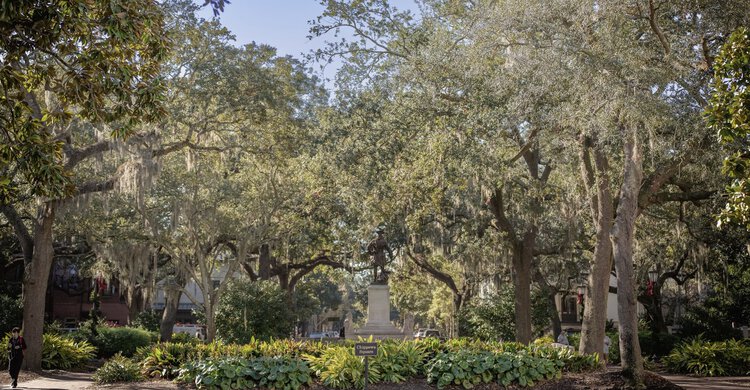Vadhajtások
- Nyitány (Pugnani témájára)
- Nemorino románca (Donizetti témájára)
- Álmodozás (Debussy témájára)
- Solveig dala (Grieg témájára)
- Dongó (Rimszkij-Korszakov témájára)
- Moldva (Smetana témájára)
- Oriental (Rachmaninov témájára)
- Albatrosz (Chopin: cisz-moll noktürn témájára)
- Gymnopédie II. (Satie témájára)
- Lávatenger (Gluck témájára)
- Vihar (Vivaldi témájára)
- Siciliano (J.S. Bach témájára)
Vadhajtások wildings
- Introduction and Allegro (theme of Pugnani)
- Nemorino románca (Donizetti témájára) - Nemorino's Romance (theme of Donizetti)
- Álmodozás (Debussy témájára) - Reveire (theme of Debussy)
- Solveig dala (Grieg témájára) - Solveig's Song (theme of Grieg)
- Dongó (Rimszkij-Korszakov témájára) - Bumblebee (theme of Rimsky-Korsakoff)
- Moldva (Smetana témájára) - Moldau (theme of Smetana)
- Piano concerto No.3 (theme of Rachmaninov)
- Nocturne, Brown-Index 49 (theme of Chopin)
- Gymnopédie II. (Satie témájára) - Gymnopédie No.2 (theme of Satie)
- Orfeo ed Euridice (theme of Gluck)
- The Four Seasons - Summer (theme of Vivaldi)
- Siciliano (J.S. Bach témájára) - Siciliano (theme of J.S. Bach, Sonate No.2. BWV 1031)
Üzenet
- Grieg: Peer Gynt: Reggeli hangulat
- Vivaldi: Concert in C-major Op. 3. No. 12. Allegro
- Saint-Saëns: Samson et Dalila: Csók ária
- E. Satie: Gymnopedie I.
- Massenet: Thais Meditation
- Dinicu: Pacsirta
- Schubert: Serenade
- Rossini: Tánc
- Bizet: Gyöngyhalászok
- Dvořák: Cigánydal
- Faure: Álom után
- Borodin: Igor herceg







